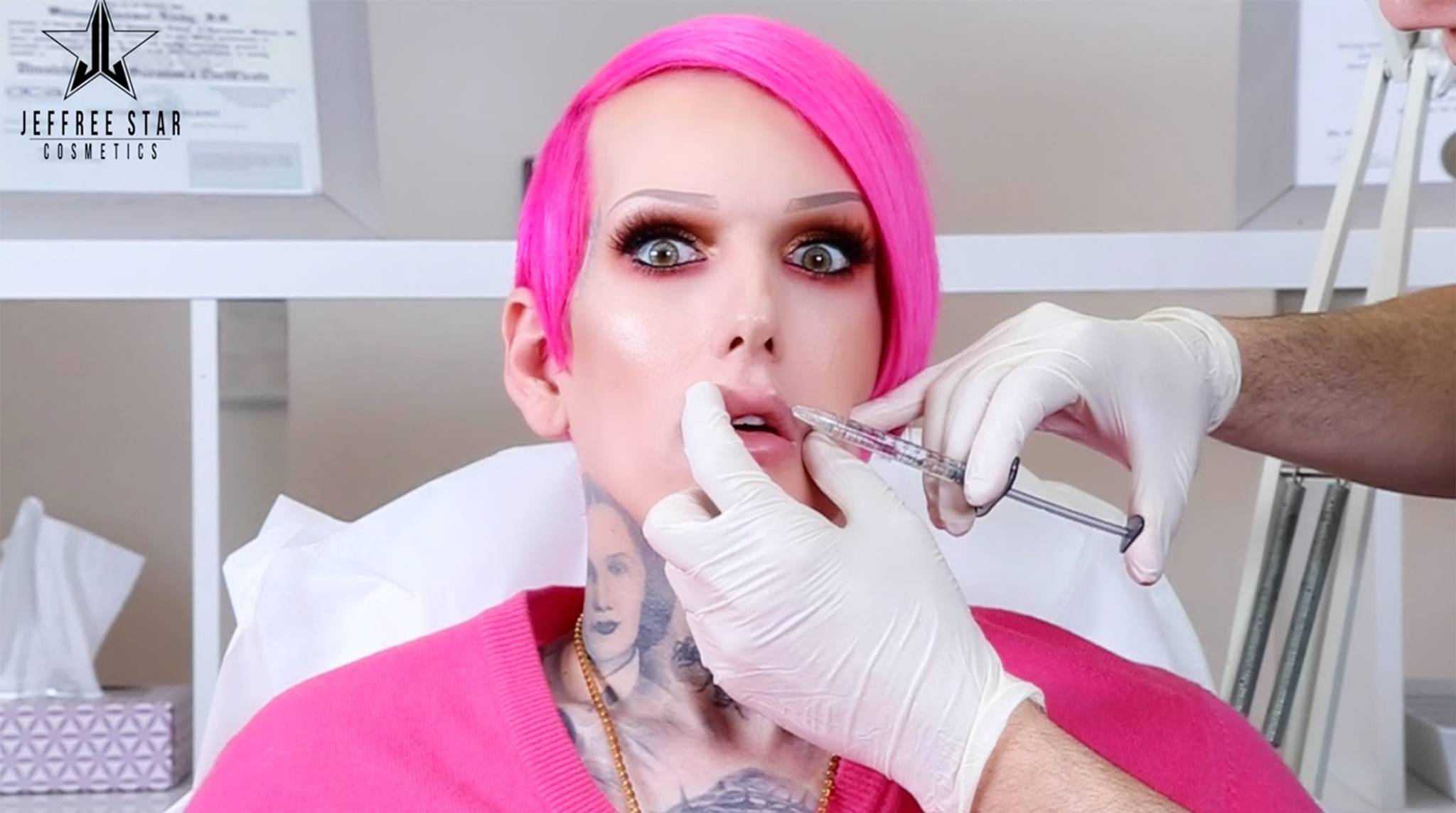
Research suggests that gender-tailored marketing messages are more likely to deter people from buying products, rather than attract them. As people tire of outdated gender binaries, they don’t want brands to dictate which products should, or shouldn't, appeal to them. We explore the science behind how gender appeals affect purchasing behaviors.
The study, conducted by researchers at Harvard Business School, found that women are particularly averse to gender-specific marketing. When asked to choose between an unlabeled purple or green calculator to complete a math problem, 51% of women chose the purple calculator. However, when the purple calculator was labeled ‘for women’, just 24% of women chose it.
Assistant professor Dr. Tami Kim explained that gendered messages are received negatively because they reinforce reductive assumptions. “These appeals can make consumers feel as if they are being viewed through a unidimensional lens,” she says.
By contrast, men in the study were more likely to choose the purple calculator, suggesting that women are particularly sensitive to being pigeonholed by these gender marketing ploys. The researchers explain this difference as a product of years of negative stereotyping disproportionately affecting women. “Those that feel more marginalized are more likely to reject gender labels,” explains Kim.
Society is transitioning away from the rigid gender binaries that once defined older generations: more than a third of Gen Zers feel that gender no longer defines them as a person, nor are they letting it influence their purchasing decisions. However, with 98% of baby, laundry, and household cleaner ads targeted at women, it’s clear that marketing strategies still have a significant way to go before they align with more modern notions of gender. That said, brands are gradually taking note of the shift in gender norms: in 2019, BIC launched a gender-neutral razor to promote non-binary beauty, while BirchBox rebranded its men’s line in the name of inclusivity.
Lottie Hanwell is a junior behavioural analyst. She loves travelling, reading novels, cuddling dogs and hosting dinner parties. A graduate of Engish Literature and Spanish, she’s adventured through South America where she developed a taste for Argentine Malbec and dodgy Reggaeton. Now settled back in London, she hopes to translate her fondness of people-watching to her role at Canvas8.



